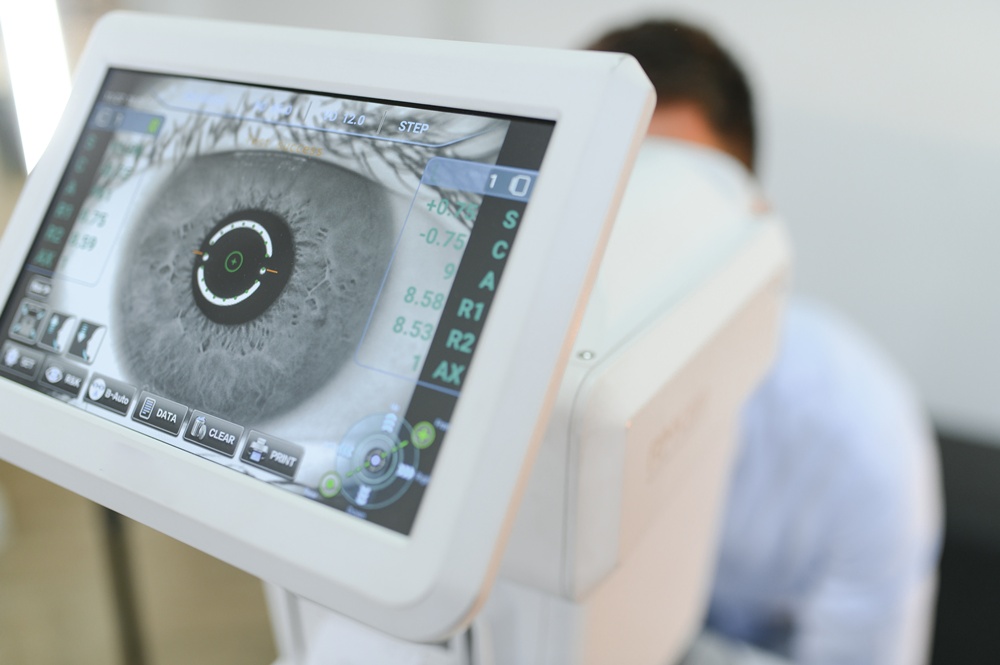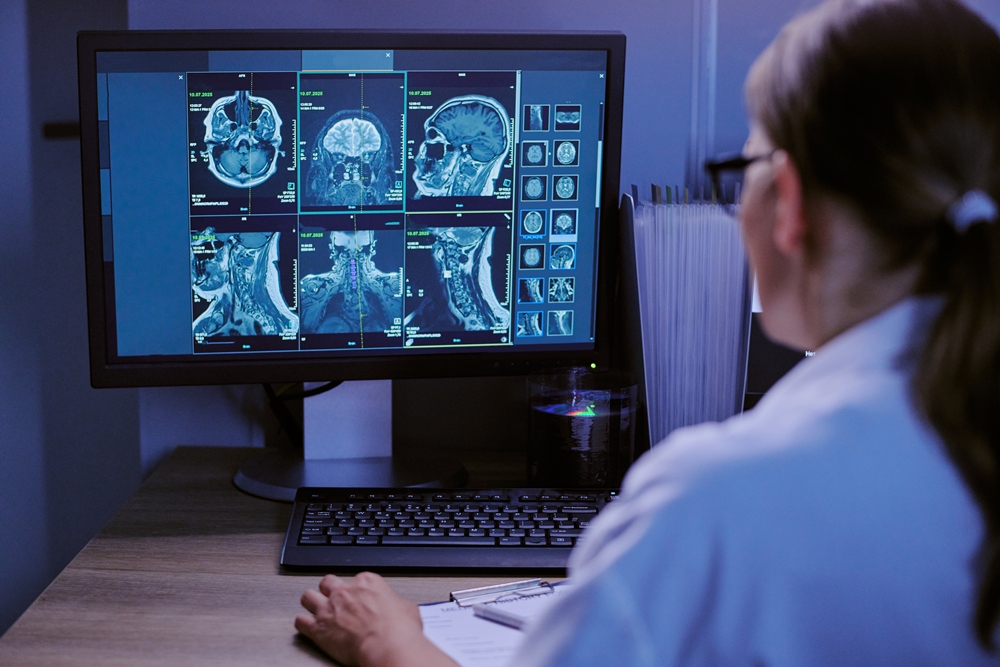Research
A new £4.2m research institute in North East England will use routine eye scans to improve eye health and spot early signs of serious illness. The Northern Ophthalmic Research and Innovation Institute (NORI) brings together university experts, the NHS, local authorities and industry to use routine eye scans to spot early signs of serious illness. [...]
AI tools could rewrite radiology reports in plainer language, with patients rating them almost twice as easy to understand, a new review suggests. Researchers analysed 38 studies published between 2022 and 2025, covering more than 12,000 radiology reports simplified using AI systems such as ChatGPT. Patients, the public and clinicians assessed the rewritten reports. [...]
Argá Medtech has announced positive clinical results from the BURST-AF first-in-human trial, demonstrating the safety, effectiveness, and durability of its Coherent Sine-Burst Electroporation (CSE) System for the treatment of paroxysmal and persistent atrial fibrillation (AF). Data presented at AF Symposium 2026 (Boston, February 5–7) showed 94 per cent overall lesion durability, 100 per cent procedural [...]
A study will test whether voice AI can flag multiple sclerosis earlier by analysing speech patterns. The study is led by Dr Timothy West, a neurologist at Intermountain Health’s Salt Lake Clinic in the US, with Canary Speech, a company specialising in vocal biomarker technology, and Intermountain Ventures. It is described as the [...]
An AI stethoscope found serious heart conditions earlier and more often in GP practices, a large NHS study reported. When doctors used it as intended, it detected heart failure, when the heart cannot pump blood effectively, arrhythmias, abnormal heart rhythms, and valve disease more quickly and more often. However, it did not significantly increase overall [...]
Wysa has secured £5.3m to adapt a digital mental health programme for adolescent girls in rural India. The funding comes from Wellcome and will support a scale-up study to tailor a clinically validated digital intervention for girls facing limited autonomy, restricted access to technology, lower literacy, stigma and family gatekeeping. Digital interventions are app-based programmes [...]
Almost two in three Britons, or 59 per cent, now use AI self-diagnosis to check health conditions, new research suggests. The findings point to more people using tools such as ChatGPT to build their health knowledge and attempt self-diagnosis, as average GP waiting times reach 19 days. Searches for "what is my illness?" have increased [...]
Google DeepMind has launched AlphaGenome, an AI tool it says can help identify genetic mutations driving disease and point to new treatments. AlphaGenome predicts how mutations can disrupt gene regulation, affecting when genes switch on, in which cells, and how strongly they are activated. Many inherited common diseases, including heart disease and autoimmune disorders, as [...]
The US ranks sixth for perimenopause knowledge, behind the UK, Ireland, Canada, Australia and the Netherlands, research by the Mayo Clinic and period tracker Flo has revealed. Perimenopause is the transition leading up to a woman’s last menstrual cycle and includes the 12 months afterwards, after which menopause is established as hormone levels change. It [...]
AI Point-of-Care Diagnostics company AISAP has announced the publication of a new clinical study in the peer-reviewed journal Frontiers in Digital Health. The research provides clinical evidence that AISAP’s deep learning model can accurately detect significant valvular disease and ventricular dysfunction using only a single, focused ultrasound view, even when the images are acquired by [...]
















